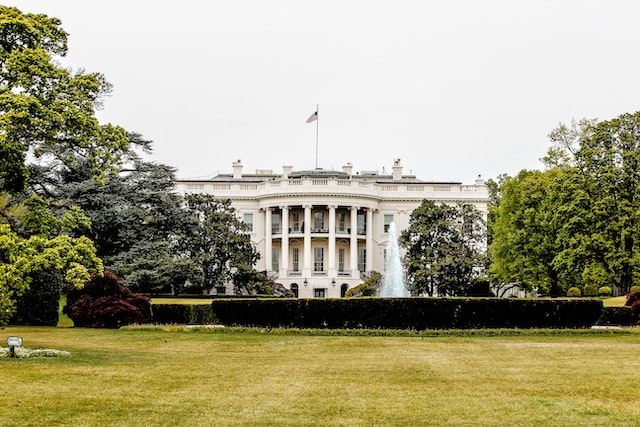 POLICY
POLICY
 POLICY
POLICY
 POLICY
POLICY
The White House today issued a set of guidelines for artificial intelligence in the hope that technology companies will be more transparent about the AI systems they use and will put limits on how they employ them.
The bill, which has been in the works for around a year now, is not binding, which may reduce its effectiveness, but the government hopes it will persuade companies to develop automated systems that are more ethical and equitable. As time passes and people’s lives are more steeped in AI systems, the White House says, there must be more safeguards against possible harm.
“In America and around the world, systems supposed to help with patient care have proven unsafe, ineffective, or biased,” the White House said in a press release. “Algorithms used in hiring and credit decisions have been found to reflect and reproduce existing unwanted inequities or embed new harmful bias and discrimination. Unchecked social media data collection has been used to threaten people’s opportunities, undermine their privacy, or pervasively track their activity — often without their knowledge or consent.”
In spite of these more negative traits of AI, the White House says the rise of AI in people’s lives is unstoppable. Such systems will prove to be beneficial in healthcare, farming, and weather prediction and will “revolutionize global industries,” said the White House, adding that this should not come at the cost of Americans’ civil rights or democratic values. The Biden administration has had an eye on the darker side of AI and so came up with this plan.
It’s a five-point plan and asks companies to build systems that are “safe and effective.” The algorithms should not discriminate, as has happened many times in the past. The technology must not lead to any kind of “abusive data practice,” and people should be told when a system impacts them in any way. Lastly, people should always be able to opt out or at least have some recourse to address a problem they have encountered with a system.
In making the blueprint, the White House spoke to a wide range of people, from school students to academics, to business owners, to activists to software engineers and public servants across federal agencies. Government officials said just about everyone they spoke to showed a “profound eagerness” to have some rules in place for AI.
“More than a set of principles, this is a blueprint to empower people, companies, and policymakers across the United States and meet President Biden’s call to hold big technology accountable, protect the civil rights of Americans, and ensure technology is working for the American people,” said the White House.
THANK YOU